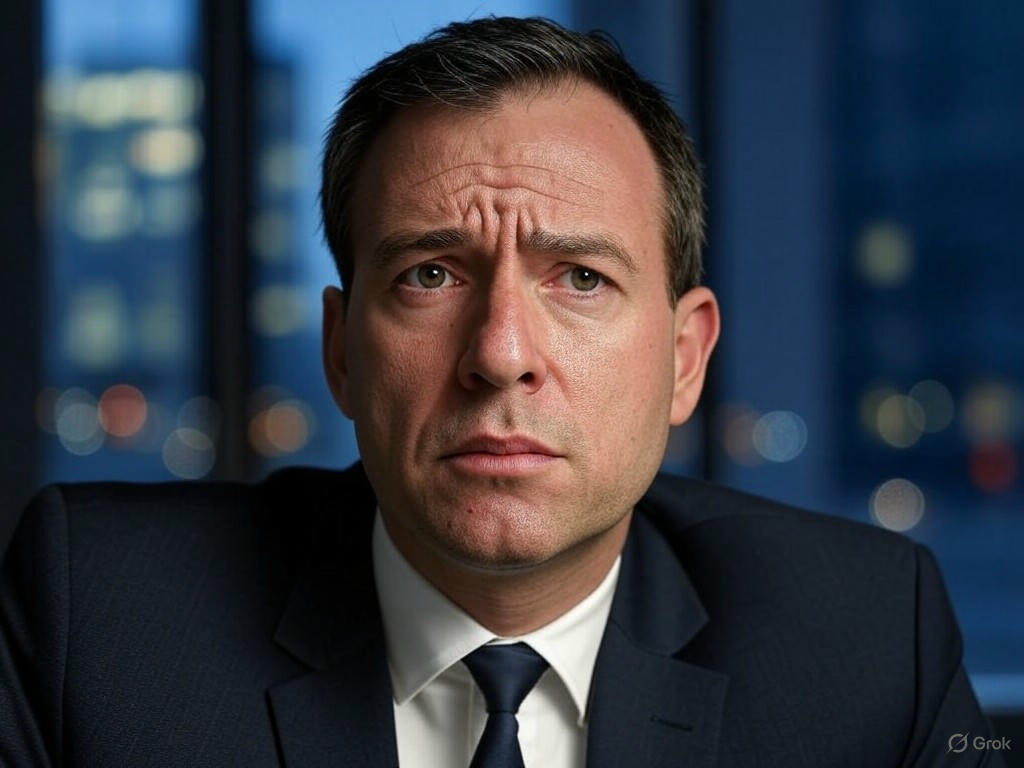Global financial markets are on edge as escalating tensions between Israel and Iran send ripples through the investment landscape. Stock futures took a sharp downturn in overnight trading, reflecting growing unease among investors about the potential economic fallout from the geopolitical conflict. The uncertainty surrounding the situation has sparked fears of disruptions in key industries, particularly energy, given the Middle East’s pivotal role in global oil supply.
The recent flare-up in hostilities has reignited concerns about stability in a region already fraught with challenges. While the specifics of the conflict remain fluid, reports of military posturing and diplomatic breakdowns have fueled speculation about broader implications. Analysts point out that any significant escalation could lead to spikes in oil prices, which would, in turn, impact transportation costs, manufacturing, and consumer spending worldwide. This comes at a time when many economies are still grappling with inflationary pressures and supply chain bottlenecks, making the stakes even higher.
Energy stocks, often seen as a hedge during such crises, are under intense scrutiny as traders weigh the risks of supply interruptions against the potential for profit. Meanwhile, safe-haven assets like gold and government bonds are seeing increased demand as investors seek shelter from the volatility. Major indices, including the Dow Jones Industrial Average and the S&P 500, are expected to open lower as the market digests the latest developments. Financial experts caution that the situation could worsen if diplomatic efforts fail to de-escalate tensions, potentially leading to a prolonged period of market instability.
Beyond the immediate market reactions, the Israel-Iran conflict raises questions about long-term economic strategies for businesses and governments alike. Companies with significant exposure to the Middle East may need to reassess their operational plans, while policymakers could face pressure to address energy security and diversification. Some economists argue that this crisis underscores the urgent need for renewable energy investments to reduce reliance on volatile oil markets. Others warn that knee-jerk reactions in policy or investment could exacerbate economic challenges if not carefully managed.
As the world watches the unfolding events, the consensus among market observers is one of cautious vigilance. Investors are bracing for potential aftershocks, with many adopting a wait-and-see approach before making major portfolio adjustments. While it’s too early to predict the full scope of the conflict’s impact, the current downturn in stock futures serves as a stark reminder of how interconnected global markets are to geopolitical stability. For now, the focus remains on diplomatic channels and whether cooler heads will prevail to avert a deeper crisis. Until then, the financial world holds its breath, hoping for resolution while preparing for the possibility of further turbulence in the days ahead.
